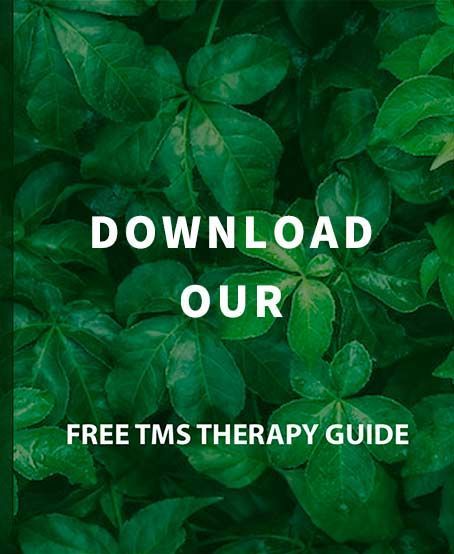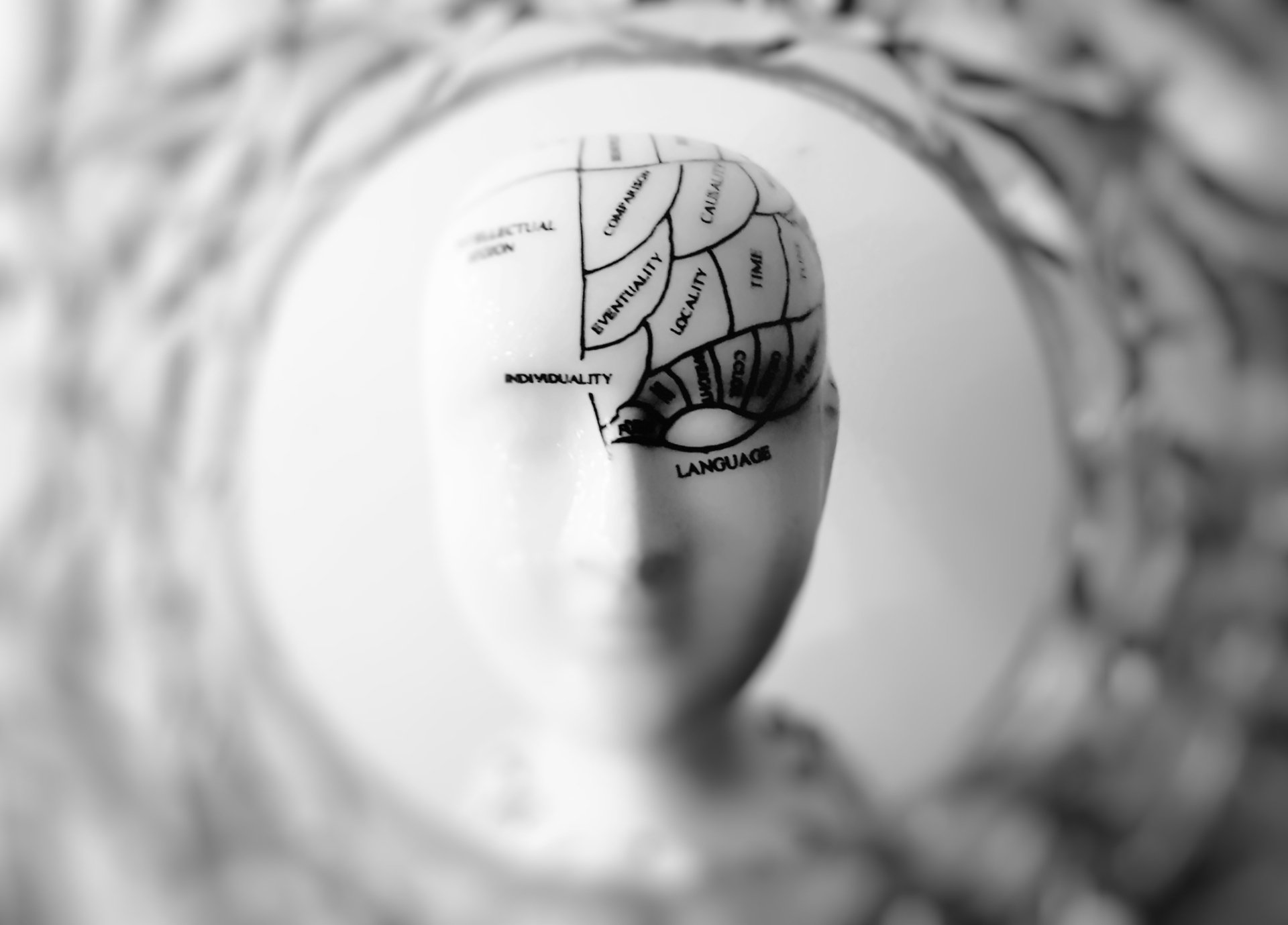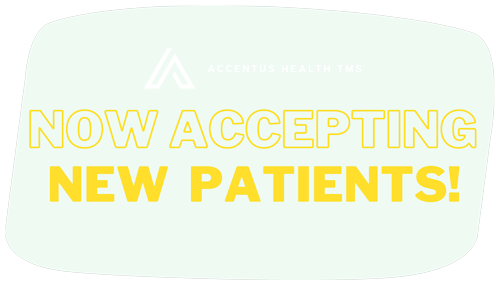Unveiling Polyvagal Theory Exercises For Stress Management
In the realm of psychological and somatic therapies, a relatively new framework has been quietly revolutionizing our understanding of stress, resilience, and social relationships.
Polyvagal Theory, developed by Dr. Stephen Porges, provides a neurophysiological perspective on the human experience, particularly the ways in which our autonomic nervous system (ANS) responds to cues of safety and danger.
This groundbreaking theory illuminates how our body's defense mechanisms affect not just our physical well-being but also our social behavior and mental health.
More intriguingly, the theory offers a range of exercises designed to regulate the ANS, empower self-healing, and improve general quality of life, which are gaining traction among therapists and individuals seeking to find balance and harmony.
What is Polyvagal Theory?
At its core, Polyvagal Theory suggests that the ANS, responsible for regulating vital functions such as heart rate, respiration, and digestion, isn't the 'two-brake' system it was historically thought to be—fight-or-flight (sympathetic) or rest-and-digest (parasympathetic).
Benefits of Polyvagal Exercises
The benefits of integrating Polyvagal exercises into one's wellness routine are promising and backed by emerging research. They include:
Enhanced Emotional Regulation
By fostering a "safe and social" state, individuals can better manage their emotions and reduce reactivity, particularly in response to traumatic memories or anxiety-provoking situations.
Improved Interpersonal Relationships
Polyvagal exercises can lead to a more attuned and responsive presence in social interactions, improving the depth and quality of relationships.
Stress Reduction and Resilience
Practicing these exercises over time can lead to a more resilient stress response, quicker recovery from stressful events, and a reduced overall perception of threat in one’s environment.
Promotion of Mental Health
Regular polyvagal engagement can contribute to improved mental health, particularly in individuals with conditions related to ANS dysregulation, such as PTSD and depression.
Physical Well-being
Balancing the autonomic nervous system can also lead to better digestion, cardiovascular health, and general well-being.
Polyvagal Exercises - How to Start
Polyvagal exercises are a set of practices aimed at stimulating the vagus nerve and the social engagement system. Here are a few to begin with:
The Social Engagement System Warm-Up
Soothing Rhythmic Vocal Toning: This simple exercise involves the practice of creating prolonged sounds or tones on a single, comfortable pitch. This has the effect of calming the ANS and opening the channels for social engagement, promoting a sense of safety and connection.
Self-Soothing Touch
Heartbeat Meditation: Find your pulse, place your hands over your heart, and tune into the rhythm. Imagining breathing in and out through your heart can increase feelings of safety and reduce stress.
Connection and Safety
Eye Gaze: Making eye contact with a trusted friend or family member in a calm, engaging way can provide reassuring safety cues that calm the nervous system.
Integrating Polyvagal Exercises into Daily Life
To fully harness the benefits of Polyvagal exercises, it's often encouraged to integrate these practices into your daily routine. This can include:
A Morning Mindfulness Practice
Beginning each day with a Polyvagal exercise can set a positive, grounded tone for the day.
Pausing for Polyvagal Moments
Taking brief moments throughout the day to practice Polyvagal exercises can become a powerful tool for stress management during challenging times.
Exercise and Movement
Regular physical activity, such as yoga or tai chi, can also be framed within the context of Polyvagal Theory, offering the added benefits of improving physical health while regulating your nervous system.
The Road to Self-Discovery and Regulation
Engaging with Polyvagal exercises is a deeply personal and introspective practice. It often involves a process of self-discovery and learning to recognize the physiological cues that indicate a shift in the autonomic state.
Reflection and Journaling
Keeping a journal of your experiences and emotional states can help you connect the dots between your exercises and your day-to-day life, leading to a deeper understanding of your physiological responses.
Seeking Professional Guidance
For those navigating complex trauma or mental health issues, seeking the guidance of a therapist or healthcare professional experienced in Polyvagal Theory can provide invaluable support in navigating the exercises and their impact on well-being.
Community and Shared Experience
Joining a group or community that practices Polyvagal exercises can offer support and the chance to share experiences, learning, and insights.
Final Thoughts
Polyvagal Theory and its associated exercises offer a hopeful framework for those seeking to enhance their well-being.
By tuning into and learning to regulate our autonomic nervous system, we can foster a more resilient, adaptive response to life's challenges and pave the way for improved health, both physically and mentally.
We hope that the information provided here serves as a starting point for your exploration of Polyvagal exercises and that through these practices you may find deeper connection, improved stress management, and an enhanced sense of safety and well-being. Remember, this is an ongoing journey—one that can grow and evolve as you do.
About Us & Finding Support In Indianapolis
If you or a loved one are navigating the aftermath of trauma or suffering from mental health disorders like depression anxiety and OCD, it's crucial to know that support and effective treatment are within reach.
Accentus Health is dedicated to providing compassionate, specialized care through the practices of Trauma-Focused Cognitive Behavioral Therapy, TMS, CBT, and various other evidence-based treatments and therapies.
Our team of experienced professionals is committed to guiding you through your healing journey with sensitivity and expertise.
Take the first step towards transformation and healing today.
Contact us
to learn more about how we can make a difference in your life or the life of someone you care about. Together, we can chart a course toward healing, resilience, and renewal.
Local to Indianapolis? Call us to discuss your options.
(317) 721-4169
Cited Source:
Porges, Stephen W. “The polyvagal theory: new insights into adaptive reactions of the autonomic nervous system.” Cleveland Clinic journal of medicine vol. 76 Suppl 2,Suppl 2 (2009): S86-90. doi:10.3949/ccjm.76.s2.17
QUICK LINKS
FREE CONSULTATION
Experiencing depression or a neurological disorder? Remember, you are not alone. Get help today!

TMS THERAPY CAN HELP WITH:
- Depression
- Lack of Joy
- Sadness and Despair
- Low Mood
- Lethargy
- Insomnia
- Oversleeping
- Social Isolation
- Self-Harm
- Substance Abuse
- Suicidal Ideation
- Alcoholism














